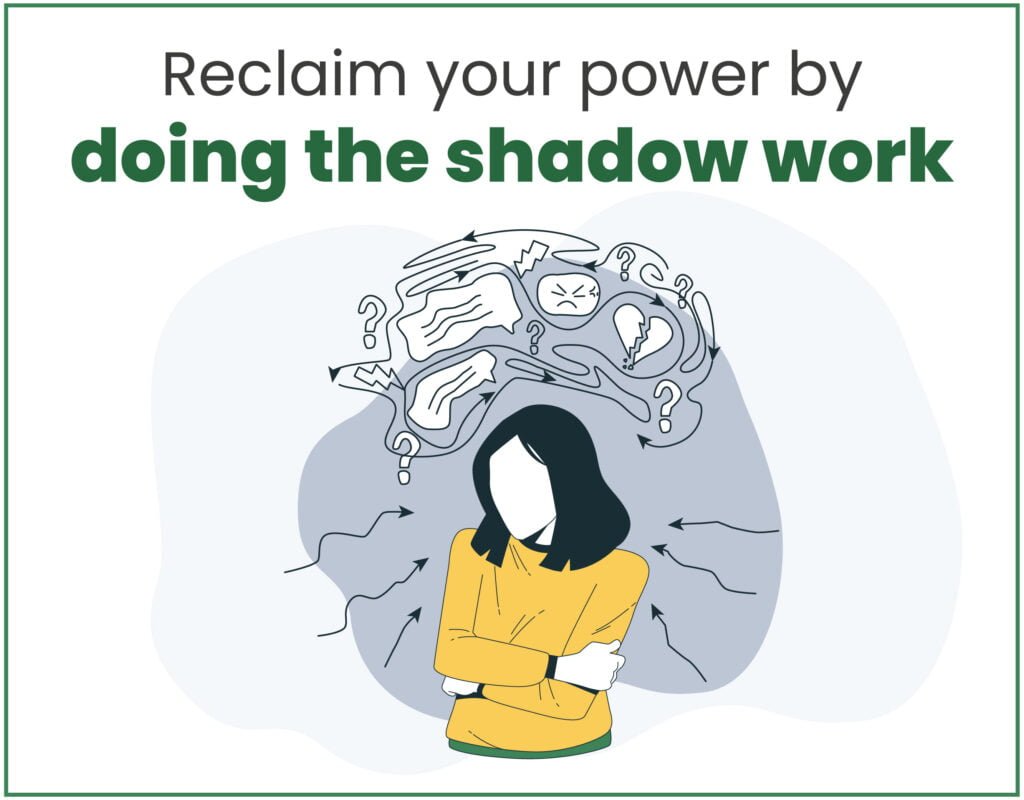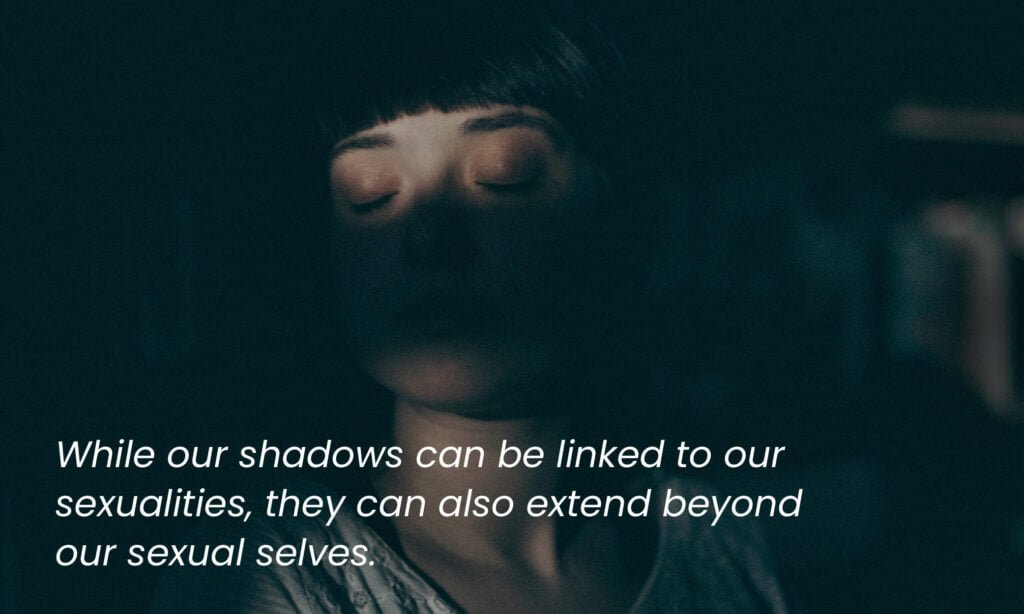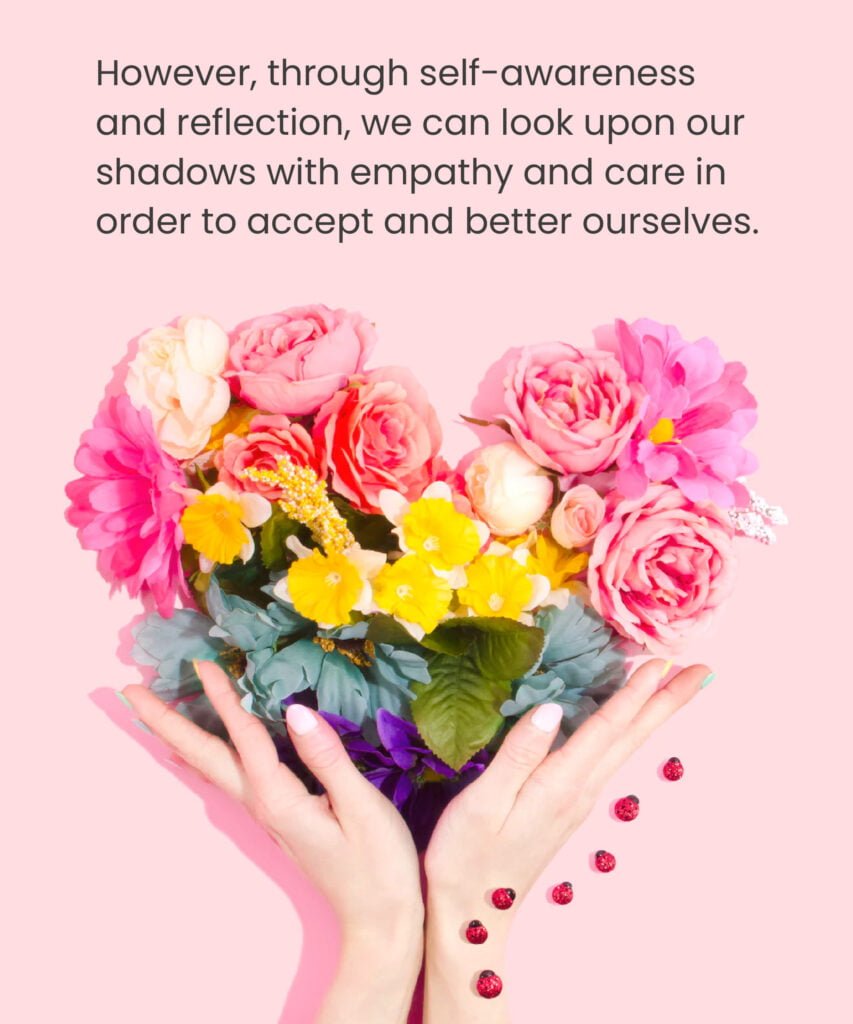
The shadow self is a concept developed by psychologist Carl Jung. It is also known by many other terms – the id, the alter ego, and more. It refers to the sides of ourselves that we wish to hide – our negative, dark emotions and traits. Our shadows are the parts of us that we have learned to hide from others, out of fear of rejection, shame, or backlash.

For some, it might be characteristics like laziness, insecurity, or other negative aspects that we might not even consciously link with ourselves, especially when we deny these aspects of ourselves. Though we may work hard to hide our shadow selves, they will inevitably present themselves in different parts of our lives.

Instead of hiding our shadows, it is important that we acknowledge and accept every part of ourselves – including the scary, unacceptable parts. Without addressing our shadows, we can find ourselves unable to properly address issues in our personal, social, and professional lives, and even attract partners who exemplify these negative characteristics within us. This can result in these negative traits – jealousy, anger, sloth, and others – being amplified in our relationships, both platonic and romantic.

Though it may seem terrifying to attempt to bring out the parts of ourselves that we are most insecure about, it is vital that we see and love every part of ourselves to become a whole person.
